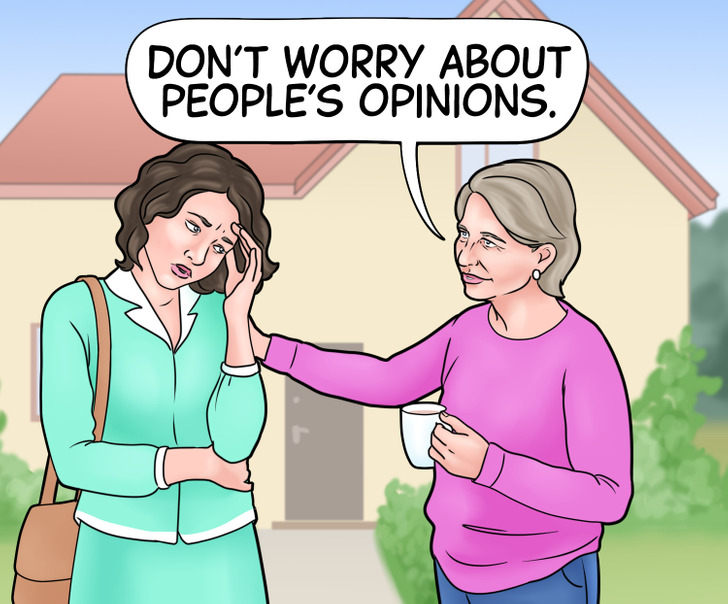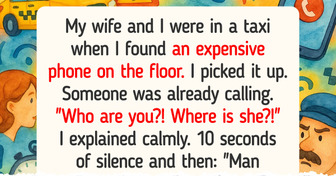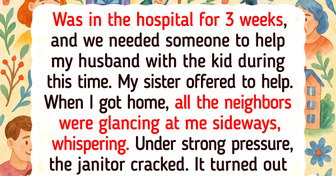10 Moments When Kindness Was the Ultimate Power Move


We at Bright Side are excited to dive into and share the reasons why older people might be happier, according to research.

All of us have probably witnessed or experienced bullying when we were younger, and our sensitivity to it was much higher than it is now. Young adolescents may be angrier because they don’t know how to properly analyze and share their feelings. Their hormones during puberty can affect their mood greatly, and they can’t really manage big feelings, such as anger, like adults can.
In a way, time somewhat snatches the anger in us. Older people use their past experiences to cope with anger better. They also often end up living with fewer people and engage in fewer life events, with fewer triggers in their lives.

Although we feel less fear and anger as we age, our sensitivity to spot happiness stays the same and slowly accumulates as we age. That’s probably why children are so excited to go to their grandparents’ house!
Older people also have a different mental perspective when it comes to aging. The more aware they are that they have a little time left, the more they tend to squeeze themselves into situations that include positive emotions and get rid of negative ones.

Although it seems logical that older people might be more worried due to their health problems and fewer social relationships, they’re actually way less worried than young adults.
They are fully aware that they change as they age, making them better able to cope and accept who they are — which leads to less worrying. However, if it’s hard for them to look on the bright side, they then use emotion regulation strategies to properly lessen those distressing feelings.
Do you have an older family member who is less responsive to emotions?











